What Is The Difference Between Insulation And Isolation Transformers?
As seen in the illustration, an isolation transformer isolates the load in an electrical system to keep the equipment safe from mains spikes and harmonics. An insulating transformer is another name for this type of transformer.
Medical Insulation Transformer Isolation Design Methods
Safety ground and reinforced insulation are the two design alternatives used by industrial grade isolation transformers to accomplish isolation.
Safety Ground: Standard transformer isolation is used with safety ground transformers. Leakage current maximums are maintained via a safety barrier between the primary and secondary coils, with insulation between the shield and each coil. For the safety shield to pass the necessary testing specified in the safety standard, it must be thick. The electrical channel flows straight to ground in the event of an isolation break, offering safety.
Double/Reinforced Insulation: As the name suggests, the insulation in a transformer that uses this type of insulation is substantially thicker than the one that doesn't have a "safety" barrier. It is made to withstand the necessary thickness and high potential voltage testing for every layer of insulation.

 EN
EN

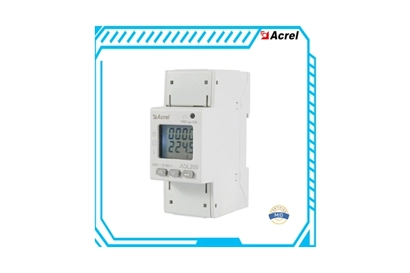
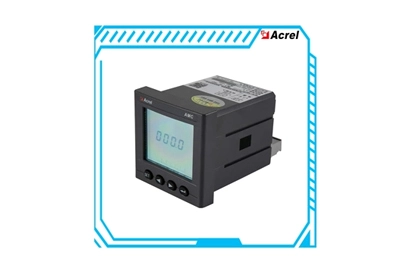
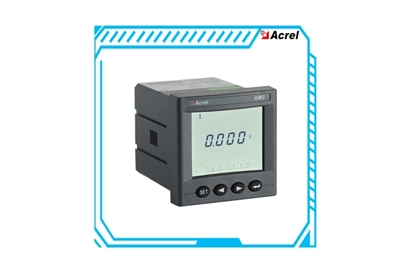
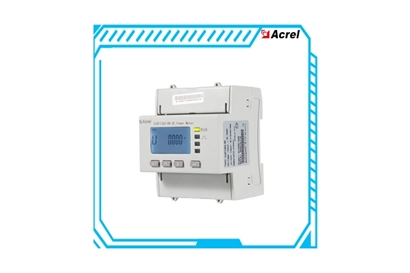
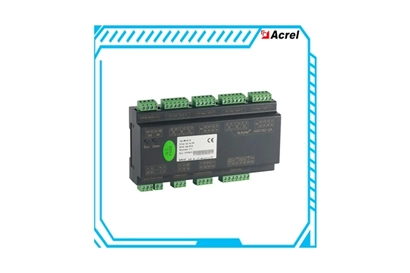
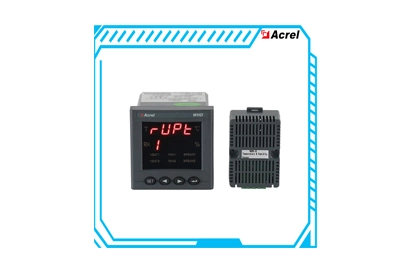
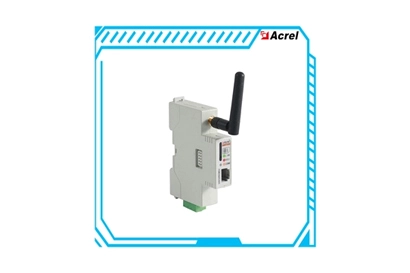
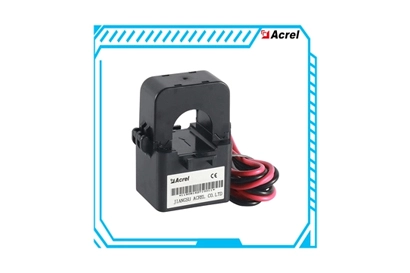
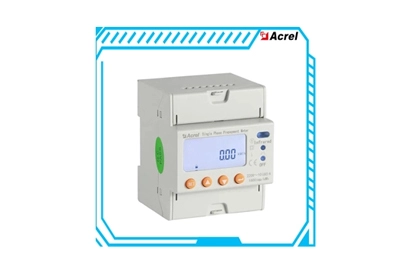
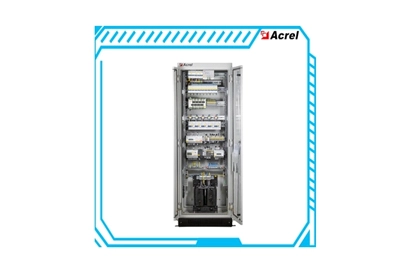
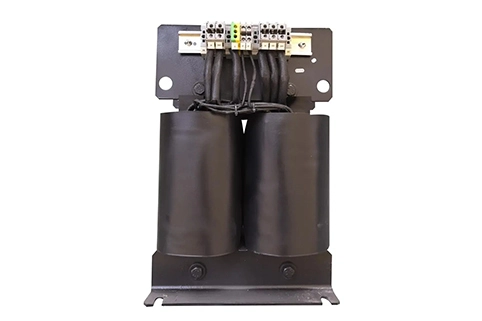




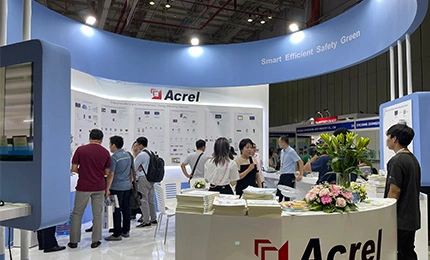

 Call us on:
Call us on:  Email Us:
Email Us:  No. 253, Yulv Road, Jiading Zone, Shanghai, China
No. 253, Yulv Road, Jiading Zone, Shanghai, China 

